Introduction:
Welcome to an exploration of the intriguing world of hypnosis on this World Hypnotism Day! Every year on January 4th, we celebrate the art and science of hypnosis, shedding light on its rich history, debunking common myths, and delving into its clinical efficacy and applications. (Note: if you prefer podcasts over blogs, click here to tune in.)
The History of Hypnosis:
Hypnosis has a captivating history that spans centuries. While ancient cultures utilized trance-like states in rituals and healing practices, the modern understanding of hypnosis emerged in the 18th century. Franz Mesmer, a German physician, introduced the concept of "animal magnetism," laying the foundation for what we now know as hypnosis. Over time, pioneers like James Braid and Sigmund Freud contributed to its development, solidifying its place in psychology and medicine.
Debunking Myths Surrounding Hypnosis:
Hypnosis is often shrouded in mystery and misconceptions. Contrary to popular belief, it's not a form of mind control, and individuals under hypnosis cannot be made to do things against their will. Instead, it is a collaborative process where the person being hypnotized actively participates. Scientific research consistently refutes the idea that only gullible or weak-minded individuals can be hypnotized; in fact, most people can experience some level of hypnotic suggestion.
Clinical Efficacy and Applications:
Beyond its portrayal in entertainment, hypnosis has proven clinical efficacy. It is recognized as a valuable tool in overcoming various conditions, including:
chronic pain
anxiety
phobias
and stress-related disorders
Hypnotherapy has also been successfully integrated into smoking cessation programs, weight management, and even as an adjunct to traditional medical treatments. The mind-body connection emphasized in hypnosis can contribute to overall well-being.
What Does Hypnosis Feel Like?
Experiencing hypnosis is a highly individualized process. Commonly described sensations include deep relaxation, heightened focus, and a sense of detachment from immediate surroundings. Many report a pleasant, dream-like state where the mind is open to suggestion. It's essential to note that individuals may experience hypnosis differently, and there is no one-size-fits-all description.
Continuing the Conversation:
If you find yourself intrigued by the potential benefits of hypnosis or wish to explore it further, consider a complimentary consultation at https://www.loveenergywellness.com/neurotrust
There, you can connect with experts who can provide personalized insights and answer any questions you may have about the transformative power of hypnosis.
Conclusion:
As we celebrate World Hypnotism Day, let's embrace the opportunity to demystify this ancient practice, appreciate its historical evolution, and recognize its positive impact on mental and physical well-being. Whether you're a skeptic or a curious enthusiast, the journey into the world of hypnosis is one filled with fascinating discoveries and potential for personal growth.
Jeffrey Mort is a certified Integrative Health Practitioner (IHP) Level 1 & 2, a certified High Performance Health Coach, a National Guild certified Consulting Hypnotist, and the host of the "Breaking Boundaries for Entrepreneurs" podcast. Neither the podcast or this blog claim to provide any medical advice, medical diagnosis, medical treatment plans or medical cures.
Jeffrey specializes in helping female entrepreneurs reclaim their energy in the healthiest way possible so they can better serve their clients, their families, and themselves. You can learn more about him and Integrative Health at loveenergywellness.com.



